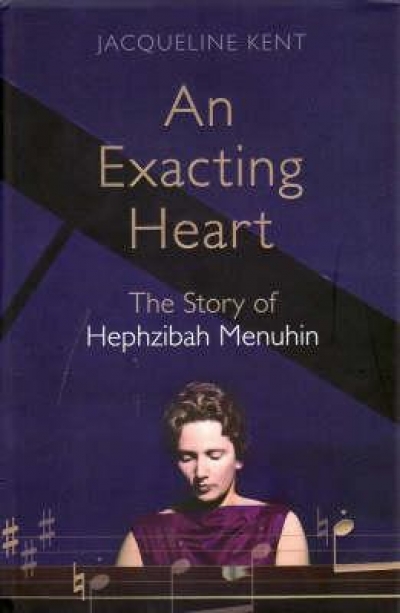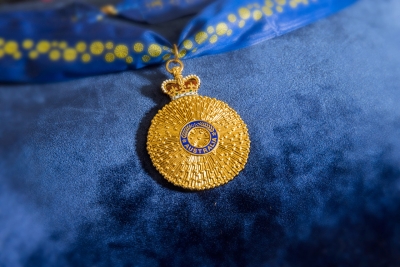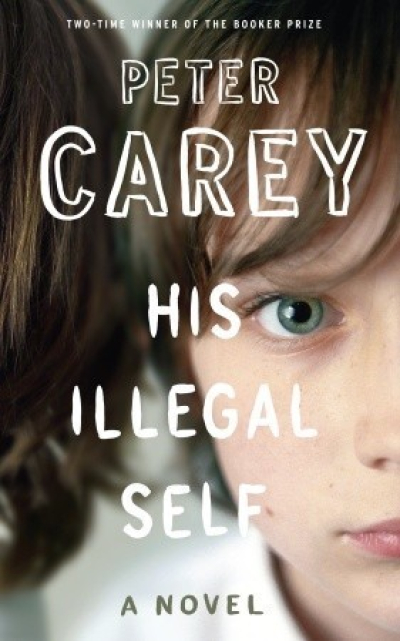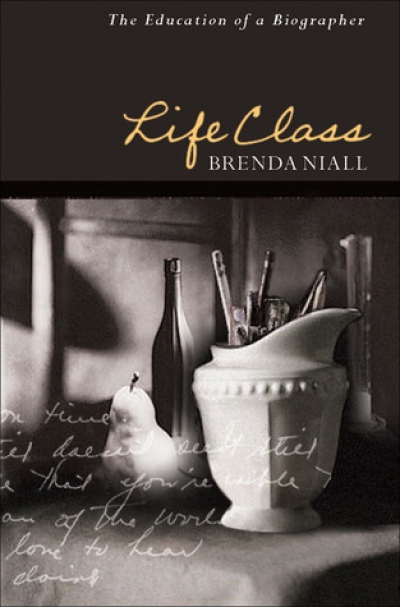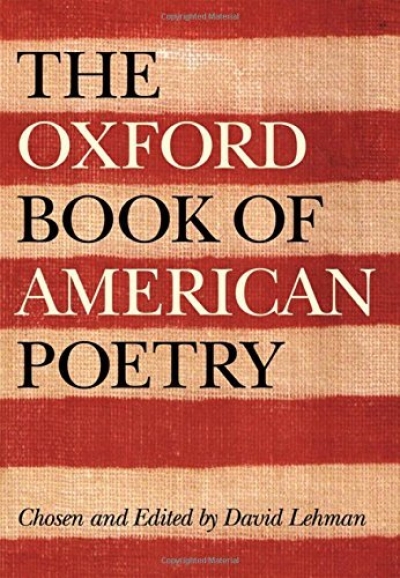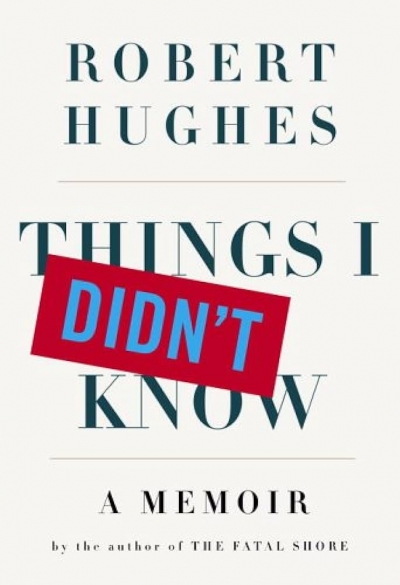Peter Rose
Sign up to Book of the Week and receive a new review to your inbox every Monday. Always free to read.
Recent:
An Exacting Heart: The story of Hephzibah Menuhin by Jacqueline Kent
by Peter Rose •
Each year on Australia Day, newspaper readers disinter their magnifying glasses and begin to inch down the columns of this year’s national honours like proofreaders at a gala ball. And each list produces its surprises, its gratifications and its absurdities. Normally, ABR doesn’t concern itself overmuch with prizes and such. Laurels grow like grapes in this country. But the absence of creative writers this year was so marked as to warrant comment.
... (read more)Listen, Lesbia!
Surely you can hear.
Shake off that silly hangover
while I part the curtains
just slightly.
The Oxford Book of American Poetry by David Lehman
by Peter Rose •
Things I Didn’t Know by Robert Hughes & North Face of Soho by Clive James
by Peter Rose •
Crème de la Phlegm: Unforgettable Australian reviews edited by Angela Bennie
by Peter Rose •


